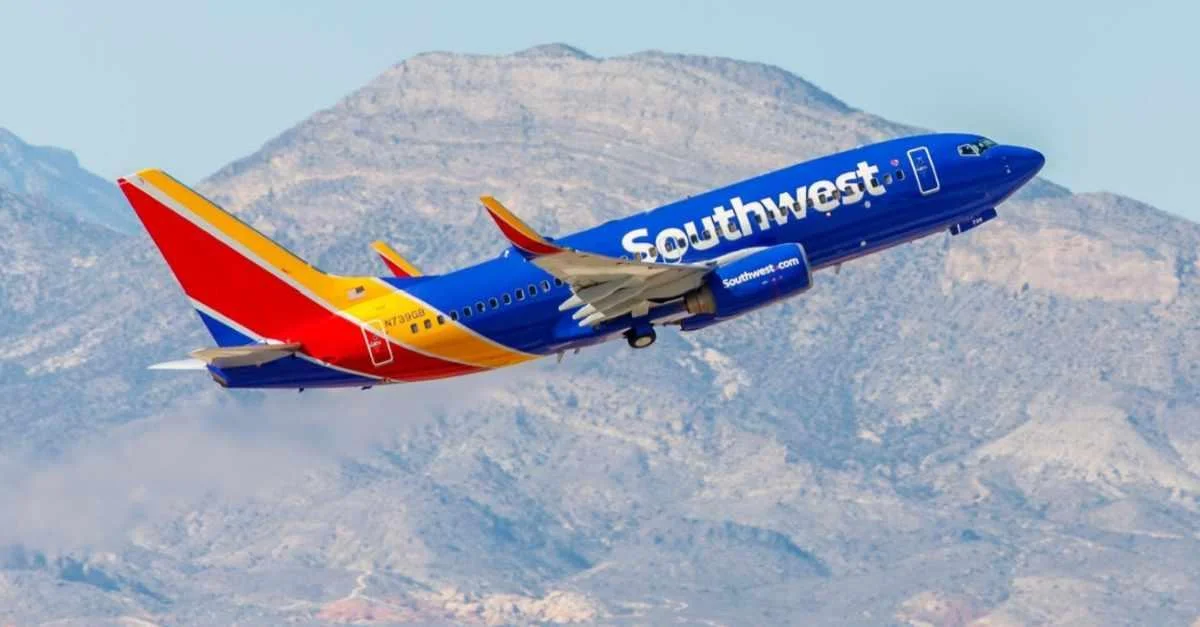World markets are currently experiencing turbulence due to an escalating tariff conflict, a situation that remains uncertain in its outcomes. Boeing, a major aviation company, is under pressure as the international trade tension threatens its market presence, particularly in China. The last stable year for Boeing was 2018, and the ongoing tariff changes may result in Boeing being excluded from the Chinese and even broader international markets.
Chinese airlines, in light of a 34% tariff increase on Boeing aircraft, may reconsider their procurement strategies. The state-run Chinese news agency, Yicai Global, reported that the tariff hike is expected to drive Chinese airlines to explore alternative suppliers or postpone purchases. The tariffs on Boeing planes and parts in China have now reached an estimated 130%, up from their previous rate. This places Boeing at a disadvantage in the Chinese market, compelling airlines to opt for leasing aircraft in the short term or looking at Airbus or COMAC for long-term orders.
AerCap, the largest aircraft lessor, expressed concerns in March 2025 with CEO Aengus Kelly indicating that Boeing might suffer more losses than Airbus from this conflict. Kelly mentioned that elevated tariffs could push Airbus's global market share higher as Boeing's aircraft become less affordable outside the United States.
 Alerts Sign-up
Alerts Sign-up





































